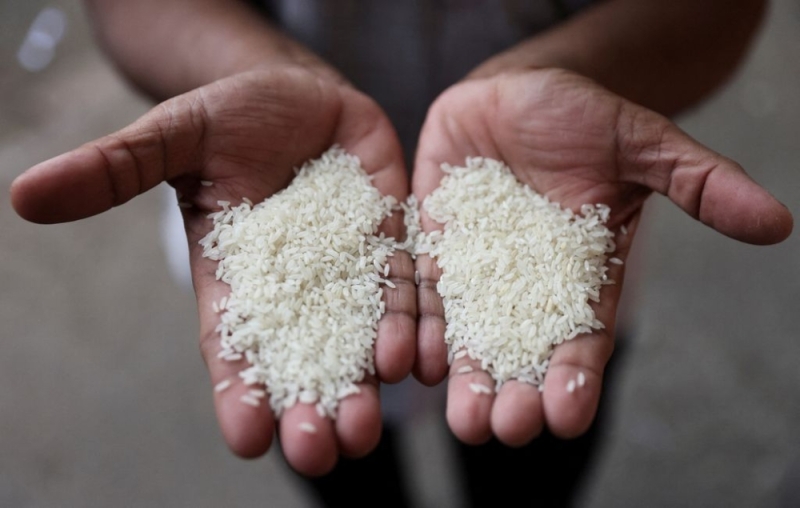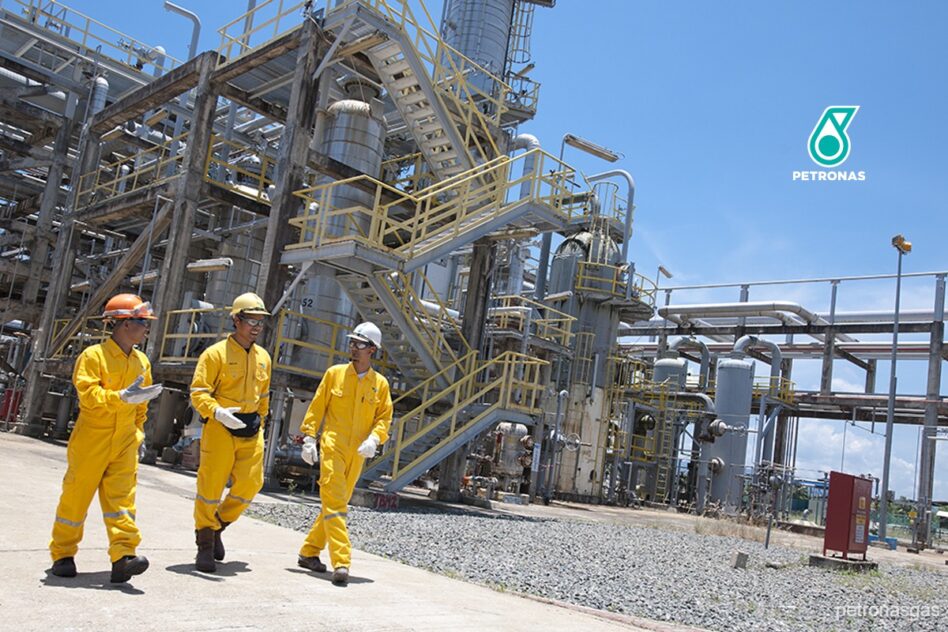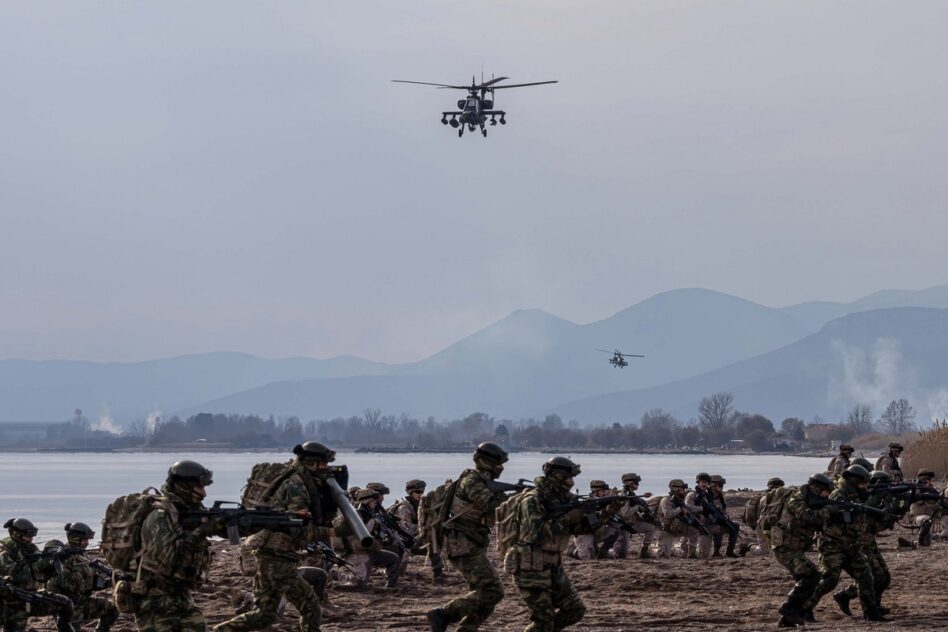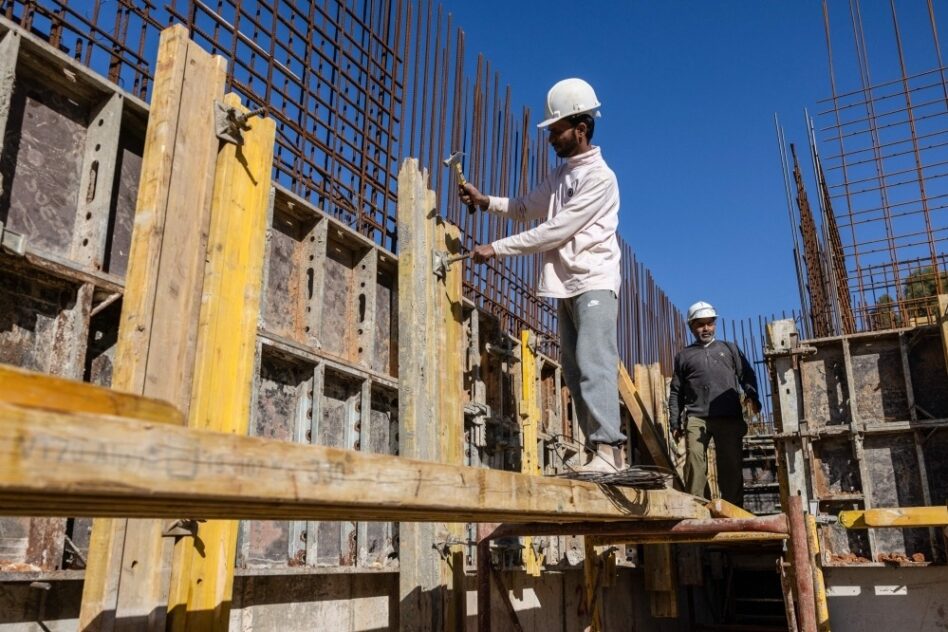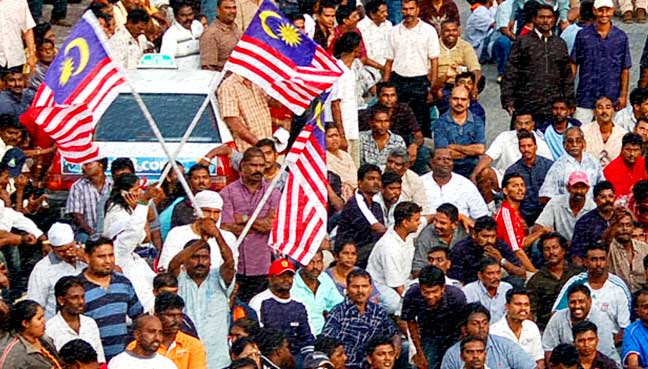PRIME Minister Datuk Seri Anwar Ibrahim has announced plans for more frequent monitoring and enforcement measures in a bid to tackle the scarcity of local white rice (BPT) in the market. He pointed out the necessity for changes to ensure a more effective distribution process during his address at the Finance Ministry’s assembly.
“I personally have heard the concerns raised by traders regarding the shortage of BPT,” he said yesterday (March 21).
He also cited the recent special meeting of the National Action Council on Cost of Living (Naccol) as evidence of the government’s resolve, noting a notable decrease in the market price of imported white rice.
“Prices have dropped by RM3, or by RM2 at some places. Basically, between RM2 and RM3, and that’s a lot for buyers and regular consumers,” Bernama quoted him as saying.
Moreover, Anwar revealed insights from the Naccol meeting, indicating that while the country has 150,000 tonnes of local white rice for distribution, it falls short of meeting demand.
Currently, BPT is retailed and distributed by the Federal Agricultural Marketing Authority and the Farmers Organisations Authority at RM26 per 10kg pack.
“In reality, our (Malaysian) rice, sugar and crude oil prices are the cheapest in South-East Asia and this fact is not being emphasised,” he added.
In response to the shortage, the Agriculture and Food Security Ministry announced a reduction in the retail price of imported white rice by RM2 to RM3, effective March 19.
Meanwhile, in a recent Facebook post, Anwar affirmed the government’s commitment to safeguarding consumers from profiteering, particularly in the sale of essential commodities like rice.
He reiterated the government’s strategy of re-targeting subsidies to ensure they reach those in genuine need, noting the importance of assisting the hardcore poor and marginalised communities, both urban and rural.
“If we know that the bulk subsidy approach used before had also benefited the super-rich and foreign citizens, then why would we want it to continue?
“That’s why subsidies must be re-targeted to the hardcore poor and marginalised communities, and this of course includes the urban and rural poor,” he further added. – March 22, 2024
Main photo credit: Malay Mail


